I tokomaha ake i te 2000 ngā tāne Māori i te rōpū o Te Hokowhitu-a-Tū i pakanga i te Pakanga Tuatahi o te Ao i ngā tau 1915 – 1918. I whā tau te roa o tā rātou noho tawhiti i ō rātou whānau me ō rātou hoa, ka mutu, he tokomaha tonu ērā kāore i hoki mai ki te kāinga.
Kāore i kotahi ngā whakaaro o te Māori mō te pakanga i te Pakanga Tuatahi o te Ao. He āhua maha tonu ērā kāore i whakaae ki te pakanga mā te Karauna, he nui nō te Karauna tūkino i te iwi Māori.
Ahakoa te kaha o te tautētete, i kaha hoki te tautokona o te kaupapa e te huhua o ngā tāne Māori, ā, i tuku rātou i ō rātou ingoa hei tūao.
I rawe ki a rātou te haere ki whenua kē, heoi, i rawe hoki te hoki mai ki Aotearoa. Hei tā ngā kōrero, i te kuhunga mai o te kaipuke ki te whanga i te ata o te 6 o Āpereira, i te tau 1919, i karangatia rātou e ngā tangi whakatūpato me ngā pēne e waiata ana! Kātahi ka pōhiritia rātou e te Pirimia me ngā rangatira o ngā iwi maha o te motu.
Hoki atu ki tō maunga kia purea koe e ngā hau o Tāwhirimātea.
AUDIO FILE
ENGLISH TRANSLATION
Māori Battalion Returns to Aotearoa
The Māori Battalion was made up of more than 2000 Māori men who fought in the first world war between the years 1915-1918. They were away from their whanau and friends for 4 years, with many not returning home.
When enrolment for military service was introduced, it excluded Māori to fight among Europeans, however permission was eventually granted. Māori held mixed views about fighting in the first world war. Many were opposed to partaking on behalf of the British Crown due to the harm The Crown had caused Māori communities. Many Iwi who had land confiscated, during the late 1800s, by the Crown, formed resistance against being sent to fight in the war.
Unfortunately, many of those who resisted, were imprisoned.
Although there was strong opposition, there was also strong support, with many Māori men rushing to volunteer. The opportunity to serve was also seen as an opportunity to adventure to see the World beyond Aotearoa. Many Māori men were happy to see other parts of the world, but equally happy to return to Aotearoa. It was reported, that as the ship came into the harbour on the morning of April 6th, 1919, they were welcomed by sirens and bands playing music!
They then were greeted with pōwhiri where the prime minister and rangatira from various iwi welcomed them home.


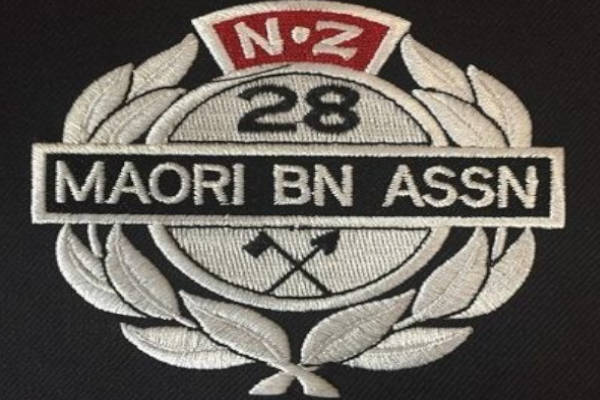
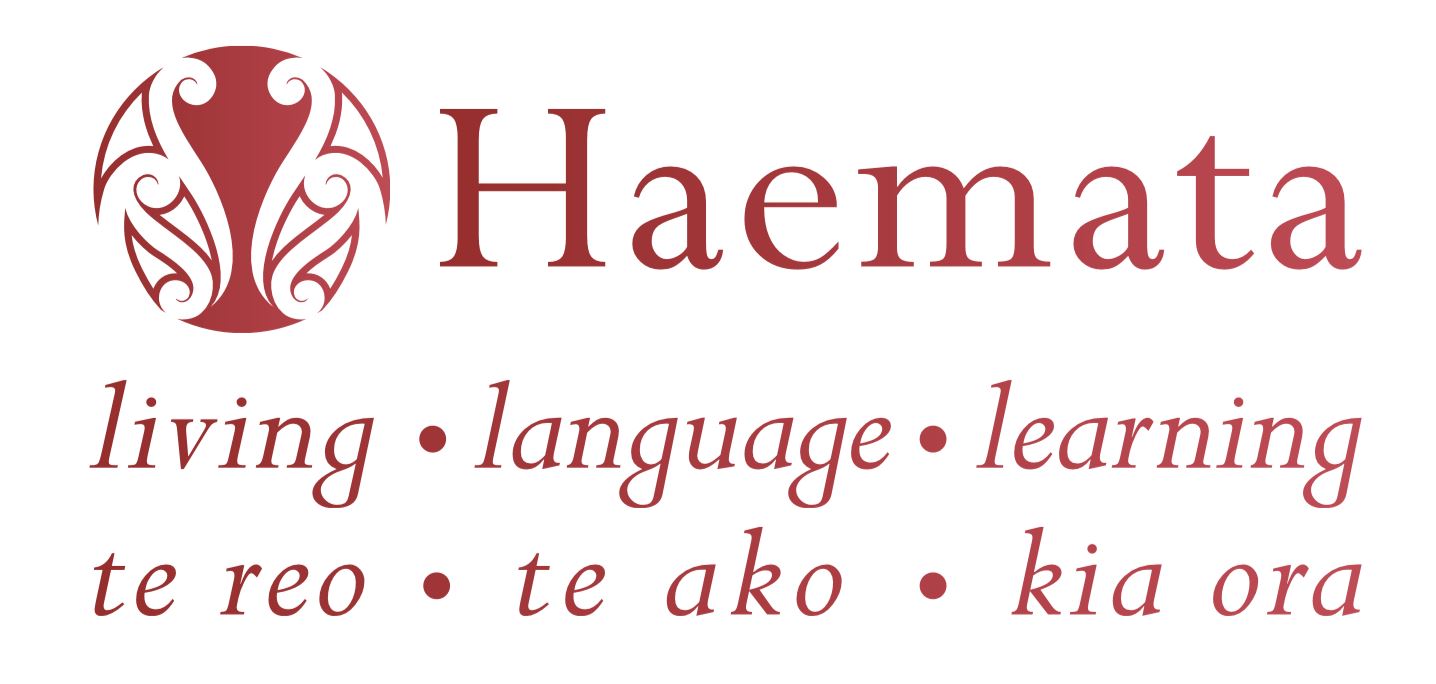


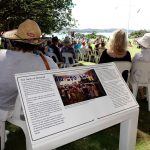




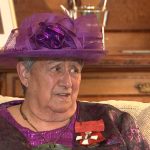
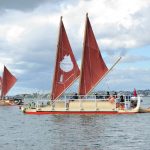
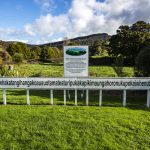
One Response
wow